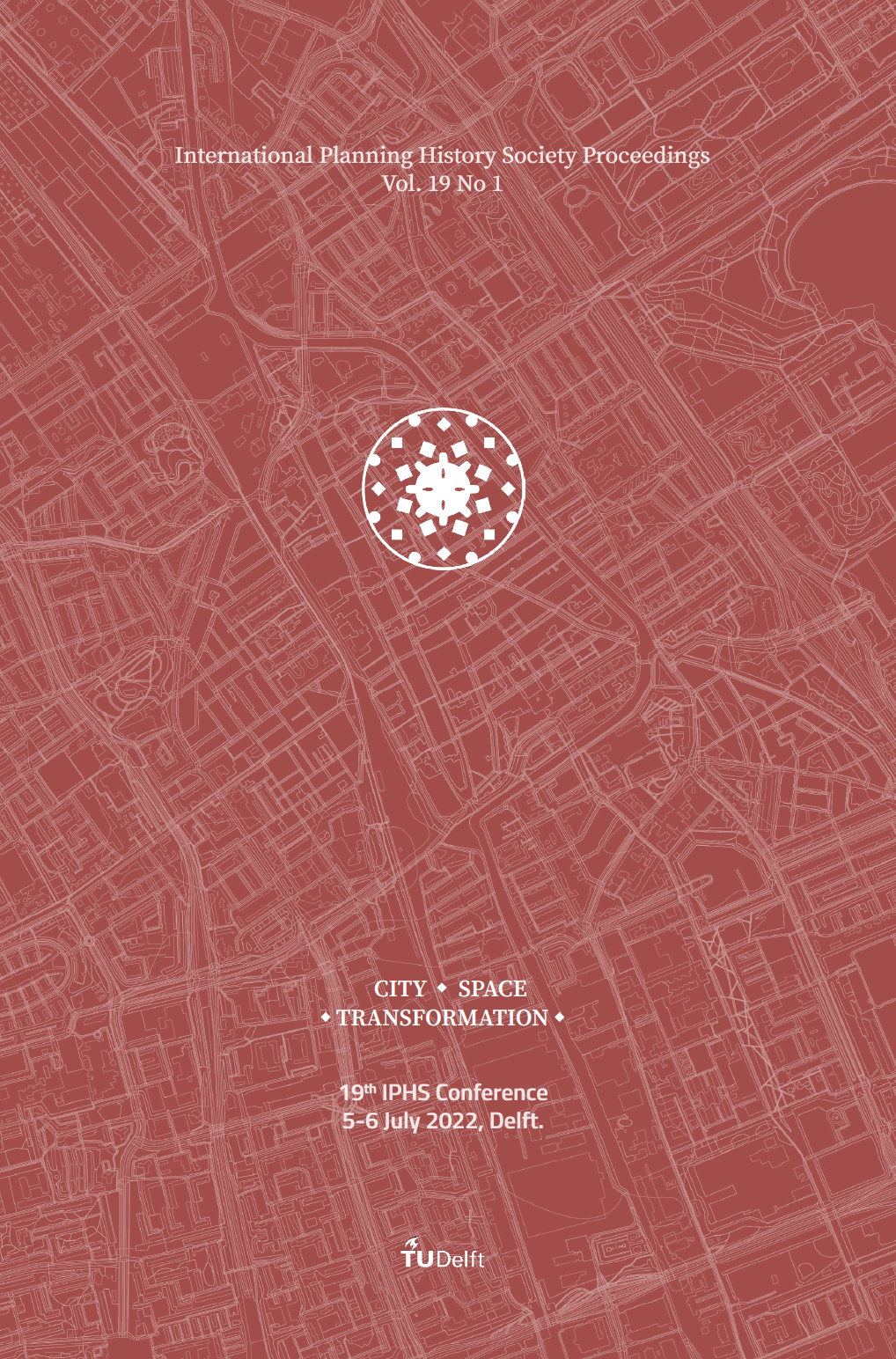Urban planning and housing policies in democratic Spain
Contradictions between housing production and the right to housing (1978-2008)
DOI:
https://doi.org/10.7480/iphs.2022.1.6476Abstract
The Spanish Constitution of 1978 included the right of all Spaniards to enjoy decent and adequate housing and stated that the public authorities shall promote the necessary conditions to make this right effective. In the following three decades, there has been a massive housing production in Spain, but the right to housing, as constitutionally recognised, remains unfulfilled. This paper aims at approaching to the roots of this contradiction between the enormous housing production and the persistent need of affordable housing through an analysis of urban planning and housing policies throughout this period, when a new framework of shared powers between the Spanish central government and the regional governments has gradually entered in force. The results of this analysis, also illustrated through a case study, allow to state that housing policies have been conceived more from the economic point of view —the contribution of the real estate sector to the Spanish economy— than from the social point of view —fulfilling the constitutional right to decent and adequate housing—.
Downloads
Published
How to Cite
Issue
Section
License
Copyright (c) 2022 Miguel Fernández-Maroto, Víctor Pérez-Eguíluz, Marina Jiménez Jiménez, Juan Luis de las Rivas Sanz

This work is licensed under a Creative Commons Attribution 4.0 International License.

